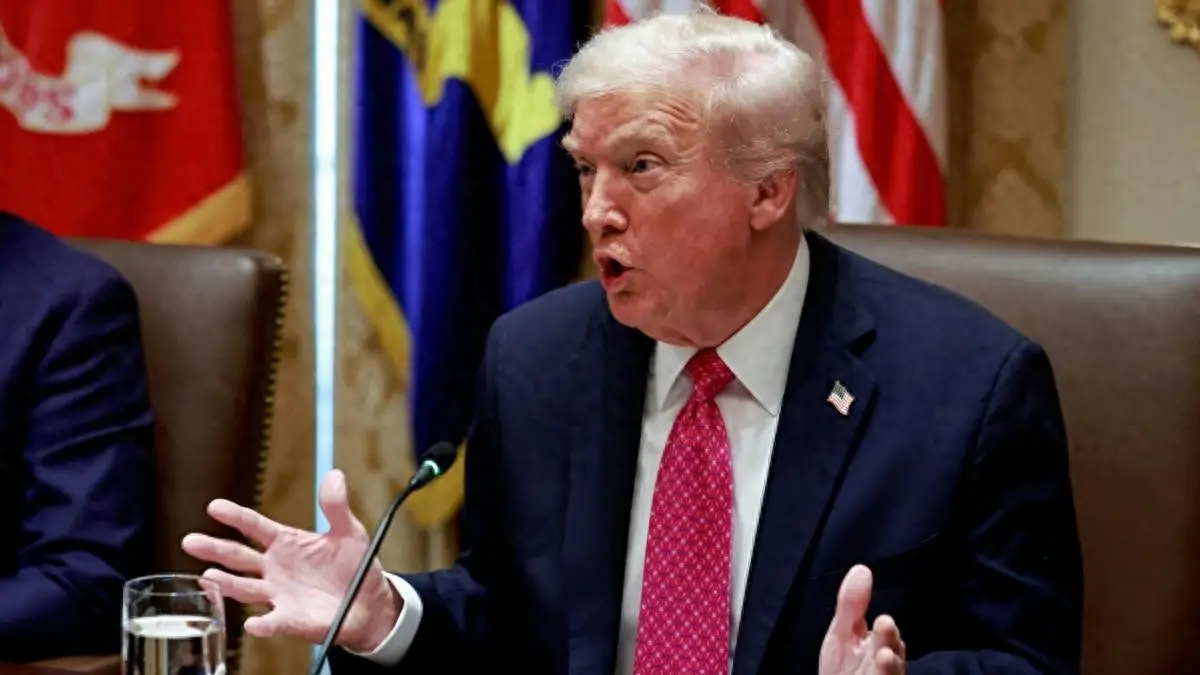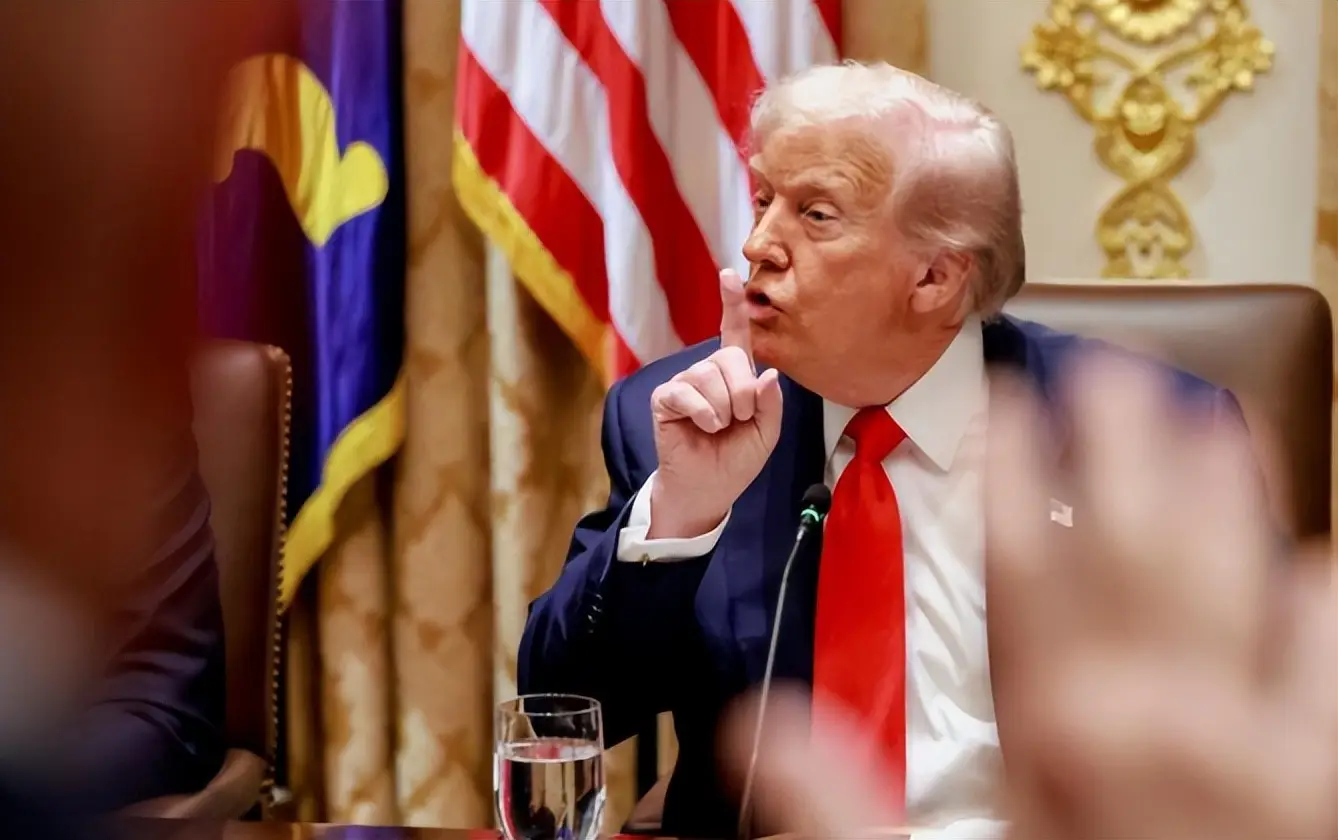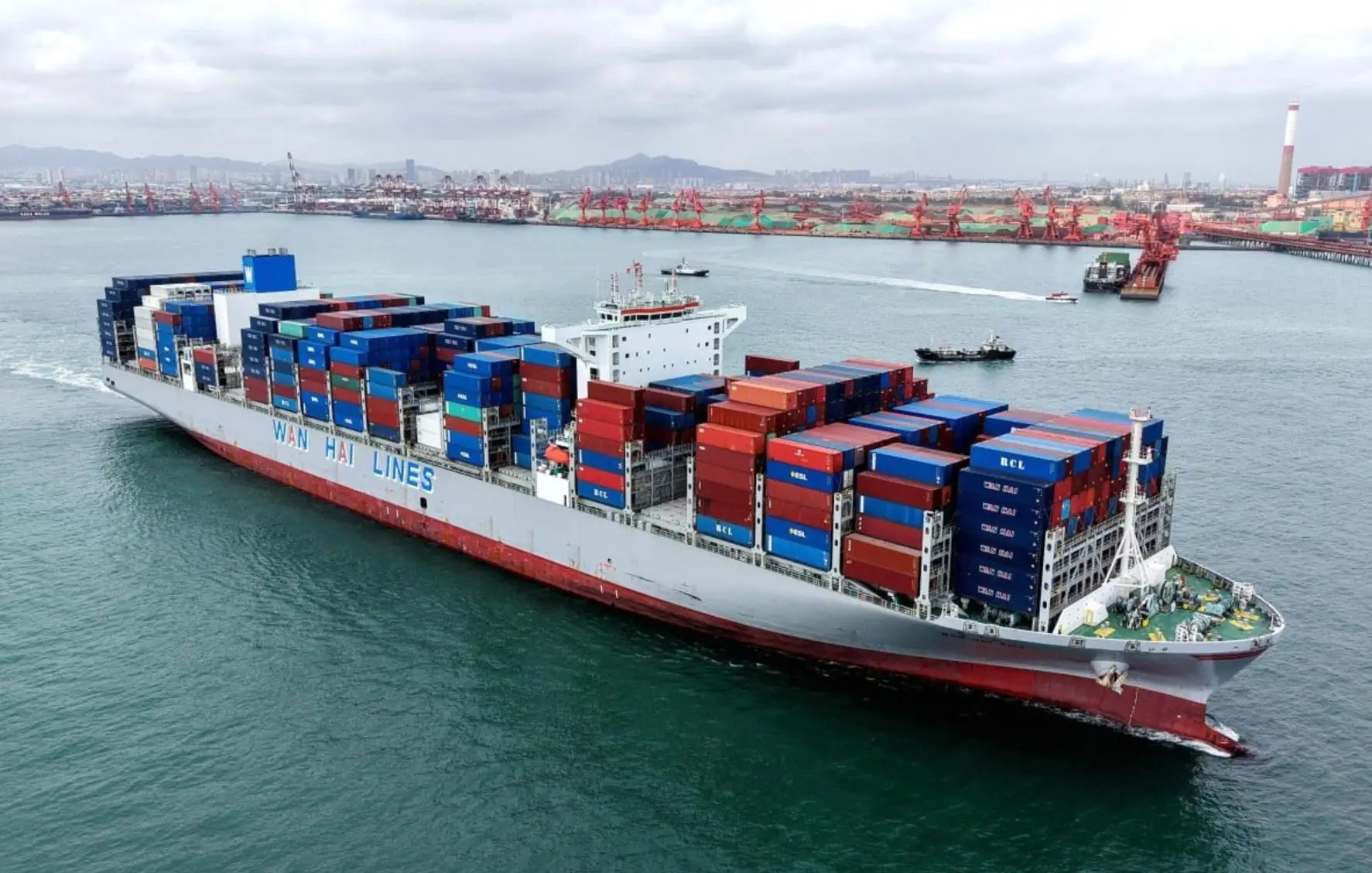On October 19th, Trump made a statement on Fox News that sent global public opinion into a frenzy: "I don't want to destroy China." It sounded like a gesture of goodwill, but he then threatened to impose tariffs of 100% to 500% on Chinese goods. He spoke of peace, but his hands were clenched. Even more coincidentally, the US military's twin aircraft carriers appeared in the Western Pacific at this time, conducting impressive exercises.

Is this a prelude to negotiations, or just another "talk while fighting" tactic?
Don't be fooled by Trump's "I don't want to destroy China." His logic has always been straightforward: anything will be said, any card will be played, as long as it allows the US to gain an advantage, and this time is no exception. The timing of these remarks is crucial. China and the United States are about to hold a new round of high-level talks, and the US situation is not looking good: plummeting exports to China, farmers protesting, limited rare earth supplies, and being blamed for the fentanyl issue...
Trump needs a way out and an explanation to his voters. First, soybeans: US soybean exports to China fell by 79.6% in 2025, leaving farmers in Midwestern agricultural states anxious. Warehouses are overflowing with unsold soybeans, and votes are at risk. Trump, while simultaneously calling for tariffs on China, claims he "doesn't want to destroy" China, effectively trying to force China to buy back soybeans and ease domestic pressure.

Let's talk about rare earths: In October, China tightened its rare earth export controls, directly strangling the US military industry. High-tech equipment like the F-35 fighter jet, missiles, and radar all rely on Chinese rare earths. Even if the US wants to develop its own supply chain, it will take at least five years, and Trump can't afford to wait.
And then there's the fentanyl issue: The US, unable to control the drug epidemic, insists on shifting the blame onto China. Despite China's implementation of the world's strictest controls, Trump continues to use China as a scapegoat to divert domestic attention. This is his usual tactic. So, while Trump's speech appears to be a show of weakness, it's actually a classic example of a "hard-and-soft" approach: he claims he doesn't want to destroy China, but in reality, he's pressuring China to make concessions. This isn't a negotiation, it's a deal. Trump wants to use tariffs to force China to buy back soybeans? Reality has proven that this tactic won't work. In the first half of 2025, China's exports to the US still exceeded 1.55 trillion yuan, and the US market is highly dependent on Chinese goods. After several years of trade war, the US has only hurt itself. China hasn't sat idly by. This time, China's counterattack is more precise and systematic: rare earth export controls have been legalized and are no longer temporary measures. Who can buy, how much, and where they are used are all controlled. Restrictions on military use, in particular, directly impact US high-end weapons production. This isn't just an economic measure; it's a strategic weapon.

China is also seeking alternative sources of soybeans, with Brazil and Argentina becoming key suppliers. In 2025, China signed long-term contracts with South America, bypassing the United States with lower prices and reliable quality. Furthermore, China imposes special port fees on American ships in its ports. For example, the USS Manukai was required to pay an additional 4.46 million yuan on a single trip. This invisibly increases transportation costs for American companies and undermines US exports.
These measures precisely hit the US's sore spots. Trump's attempt to use tariffs to force China to yield has only intensified domestic pressure. His rhetoric of "not wanting to destroy China" is essentially a forced compromise, not a sudden softening. The United States is no longer the superpower that can arbitrarily dictate international rules, and Sino-US relations are no longer a unilateral structure of "one strong, the other weak."

What about military deterrence?
The deployment of two aircraft carriers to the Western Pacific is nothing more than psychological warfare. China has long established a comprehensive regional denial system, and the Rocket Force's anti-ship capabilities deter the US fleet from acting rashly. China has not been swayed by provocations, but has instead been steadily strengthening its rules. For example, the Critical Minerals Export Control Act now covers not only rare earths but may be expanded to other key resources, such as cobalt and lithium. At the same time, China has signed rare earth cooperation agreements with ASEAN and Africa, shifting from simply exporting raw materials to technology exports, completely shedding its status as a "resource vassal."
The United States has attempted to rally its allies to contain China, but with limited success. The EU, Japan, and South Korea remain dependent on Chinese supply chains in areas like rare earths and chips. Countries like Argentina have even publicly supported China's refusal to follow US sanctions. The world is no longer the "Western-dictated" world Trump envisioned, with more and more countries opting for multipolar cooperation.

The core of this game isn't just about trade or military power, but a clash of strategic models: on one side stands the old model of maintaining hegemony through coercion and unilateralism, and on the other side stands the new order of upholding rules and multilateral cooperation. Trump may not say it, but he knows deep down that the US approach is no longer working.
The Sino-US competition has entered a new phase: it's no longer about who can exert pressure, but about who can withstand the pressure and earn global trust. The future of China-US relations will be determined not by tariffs but by rules, trust, and strategic resolve. Those who can adapt to a changing world will go further.

%20--%3e%3c!DOCTYPE%20svg%20PUBLIC%20'-//W3C//DTD%20SVG%201.1//EN'%20'http://www.w3.org/Graphics/SVG/1.1/DTD/svg11.dtd'%3e%3csvg%20version='1.1'%20id='图层_1'%20xmlns='http://www.w3.org/2000/svg'%20xmlns:xlink='http://www.w3.org/1999/xlink'%20x='0px'%20y='0px'%20width='256px'%20height='256px'%20viewBox='0%200%20256%20256'%20enable-background='new%200%200%20256%20256'%20xml:space='preserve'%3e%3cpath%20fill='%23FFFFFF'%20d='M194.597,24.009h35.292l-77.094,88.082l90.697,119.881h-71.021l-55.607-72.668L53.229,232.01H17.92%20l82.469-94.227L13.349,24.009h72.813l50.286,66.45l58.148-66.469V24.009z%20M182.217,210.889h19.566L75.538,44.014H54.583%20L182.217,210.889z'/%3e%3c/svg%3e)




